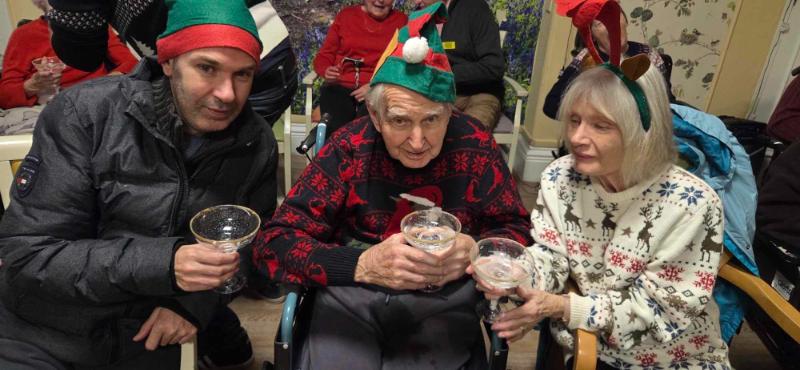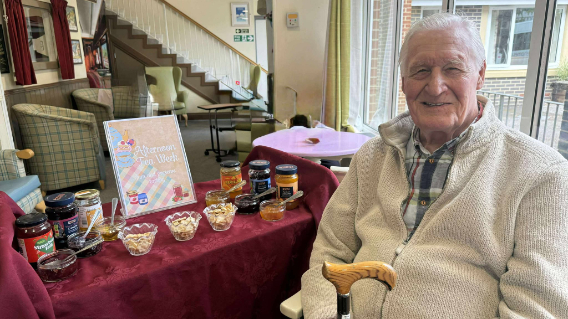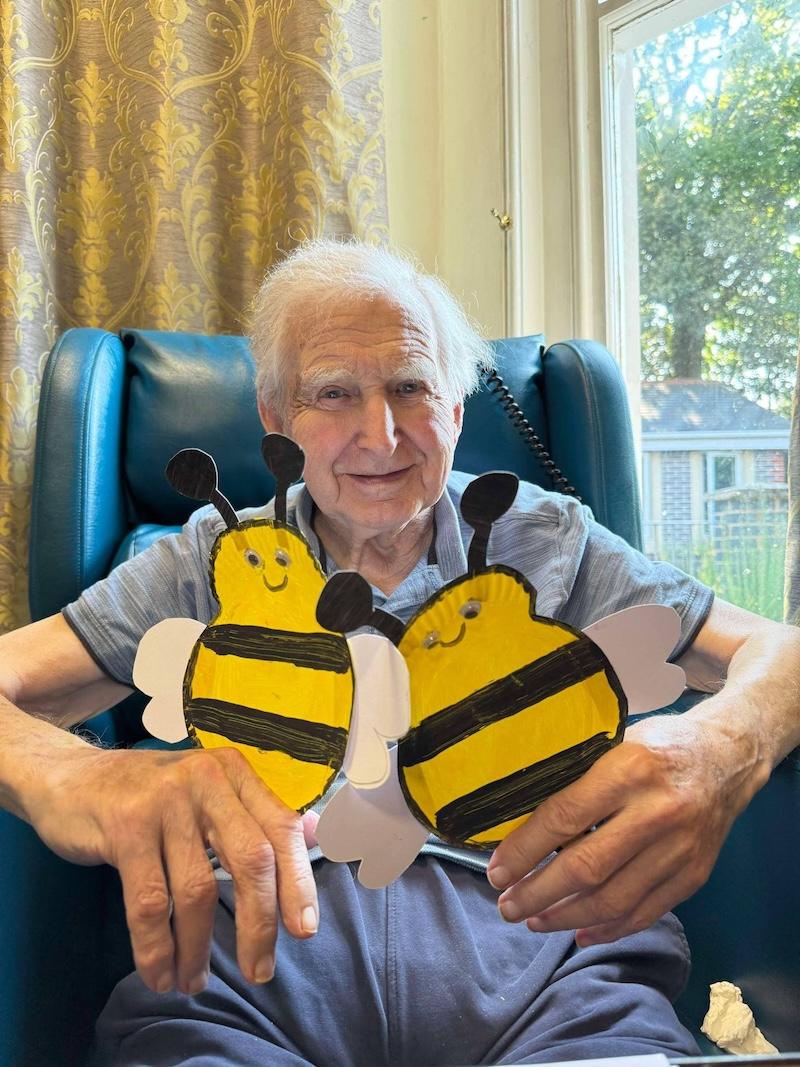Understanding the Pathway into a Care Home
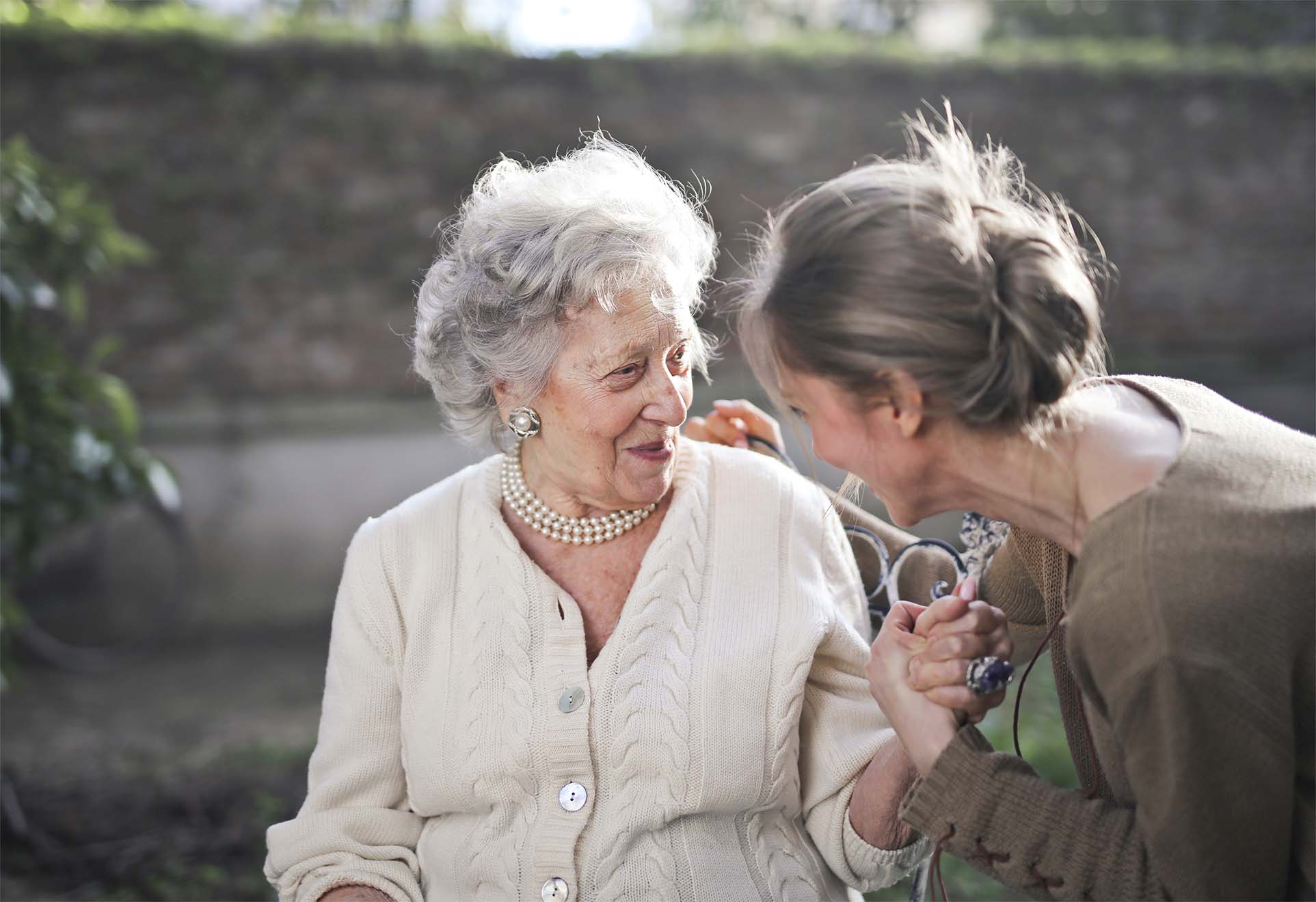
The decision to explore care for a loved one is rarely made overnight. For many families, it begins with a series of small realisations, a parent finding daily tasks harder, a partner becoming less steady on their feet or a loved one who seems more withdrawn or lonely than before. These moments can be worrying, but they are often the first step on a pathway that leads to greater safety, comfort and support.
At The Check House in Seaton, Devon, we know that starting the care journey can feel overwhelming. Questions about timing, types of care and what to expect are natural. This guide is here to help you understand the pathway into a care home and reassure you that you don’t have to face these decisions alone.
Recognising When It Might Be Time for Care
It’s not always easy to know when extra help is needed. Some of the signs families notice include:
- Increasing difficulty with everyday tasks such as cooking, cleaning or managing bills
- Forgetting medication or missing appointments
- Struggles with personal care, dressing, or mobility
- Social withdrawal, loneliness or changes in mood
- Frequent falls, accidents or health scares that cause worry
Seeing these changes doesn’t automatically mean a care home is the next step, but they may signal that more support is needed. At this stage, many families begin researching care options, even if they don’t yet feel ready to make a decision.
Talking About Care with a Loved One
One of the hardest parts of the pathway into care is having the first conversation. Many older people worry about losing independence or fear that a care home will feel clinical rather than homely. It can help to:
- Choose a calm, unhurried moment to talk
- Focus on feelings rather than tasks (“I worry about you being alone at night” rather than “You can’t cope anymore”)
- Reassure your loved one that exploring care is about choice and safety, not taking control away
- Suggest visiting a care home together, so they can see what life is really like
At The Check House, families often tell us that once their loved one sees the warmth of our home, meets the team and understands the support available, their worries ease.

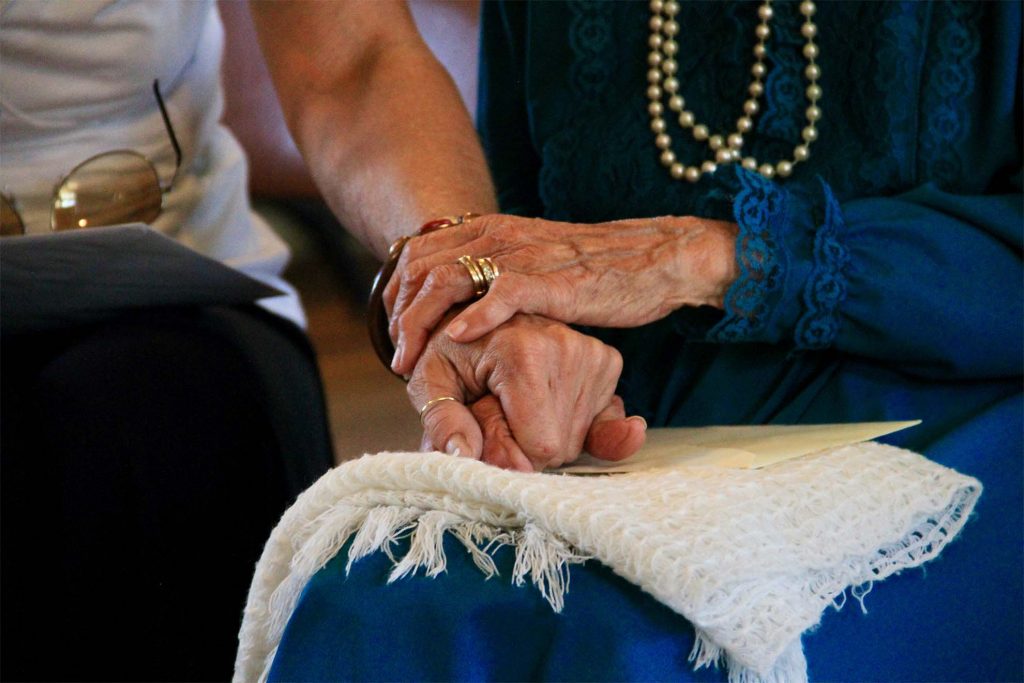
The Steps on the Pathway into a Care Home
While every family’s journey is different, the pathway into care usually follows a few common stages:
Early Research
Families begin by gathering information, often online, about care types, fees and local homes. This stage is about understanding what’s available and what might suit their loved one’s needs.
Professional Advice
Speaking with a GP, social worker or care assessor can help clarify the type of care required, whether that’s residential, nursing, dementia, respite or palliative support.
Visiting Homes
This is often the most important step. A visit allows families to get a feel for the atmosphere, meet the staff and see daily life in action. Many people say they “just knew” when they found the right home.
Care Assessment
Before moving in, the care home team carries out an assessment. This looks at health needs, lifestyle and personal preferences to create a personalised care plan.
Moving In
When the time is right, the move itself is carefully supported. Families are encouraged to bring personal belongings, photographs and familiar items to help make the room feel like home.
The Role of Personalised Care
No two journeys into care are the same, which is why personalised care plans are so important. At The Check House, we take time to get to know each resident and their family, tailoring care to individual needs, routines and preferences.
This approach means residents feel respected and valued and families feel reassured that their loved one is cared for as a person, not just another resident.
FAQs About the Pathway into a Care Home
Do we need a referral to move into a care home?
Not necessarily. Families can contact The Check House directly to arrange a visit or assessment, although a GP or social worker can also provide guidance.
How long does the process take?
It depends on circumstances. Some families plan months in advance, while others need urgent support. We do our best to accommodate both situations.
Is moving into a care home permanent?
Not always. Respite stays are a great way to try out care before making a longer-term decision.
Will my loved one lose their independence?
No. The aim of a care home is to support independence, not take it away. Residents at The Check House are encouraged to make choices about daily life and continue with activities they enjoy.
How do we choose the right type of care?
Our care and support team can guide you through the options, whether that’s residential, nursing, dementia, respite or palliative care, based on your loved one’s needs.
Why Families in Seaton Choose The Check House
Families often describe The Check House as warm, welcoming and homely from the moment they arrive. Our experienced team provides a full range of care services, including residential, nursing, dementia, respite and palliative care.
What makes us different is our person-centred approach. We work closely with residents and their families to create care that feels right, building trust and providing peace of mind.

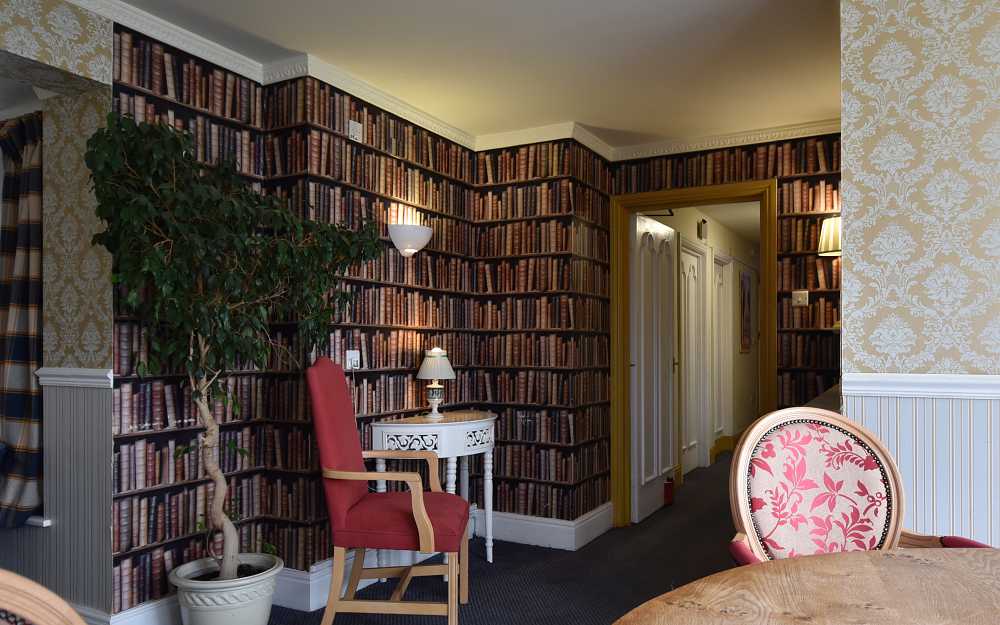
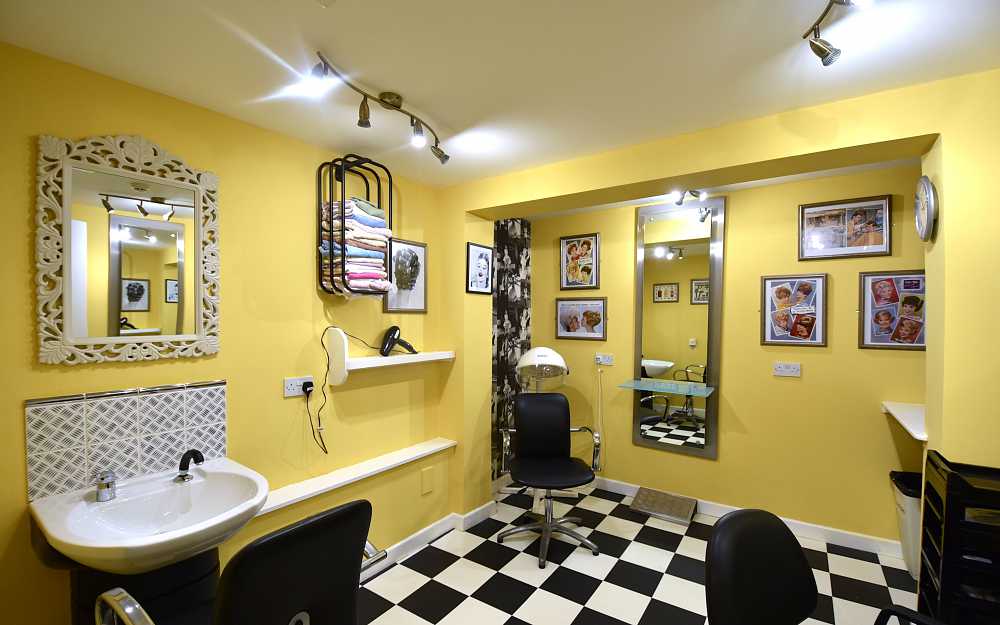
Taking the Next Step
If you’re beginning to explore care options in Seaton or across Devon, the most helpful step is to visit. At The Check House, we welcome families to come and see daily life here, meet our team, and ask any questions you may have.
Book a Visit to The Check House in Seaton
Request a Free Brochure
Starting the care journey is never easy, but it doesn’t have to be faced alone. The pathway into a care home is about understanding needs, exploring options and finding a place where your loved one feels safe, respected and at home.
At The Check House in Seaton, we’re here to support you through every step, with passion, expertise and compassion.

